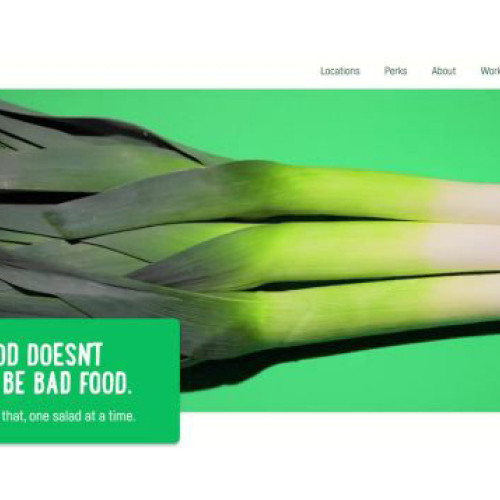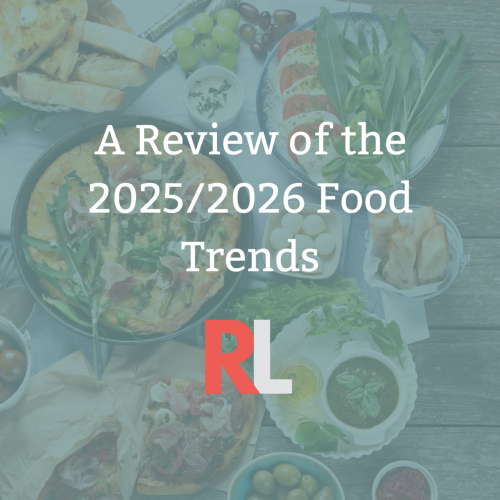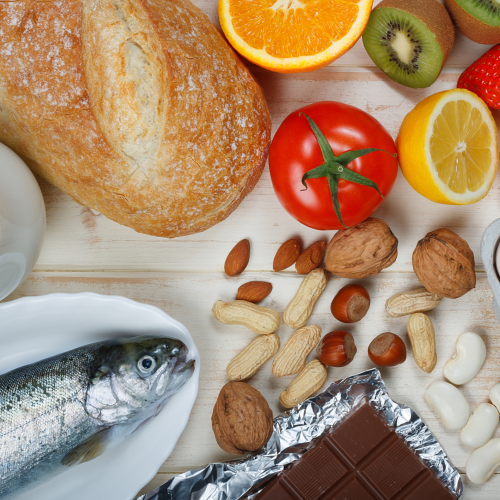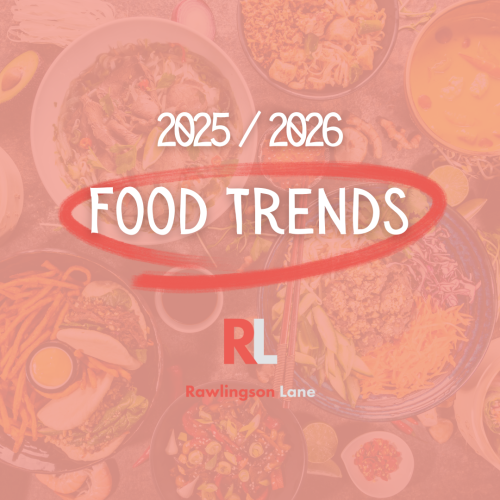What does ‘Food Sustainability’ mean, and what can we do to help?
We’ve all seen and heard the term ‘food sustainability’ in the press and mentioned in environmental documentaries, but what exactly does it mean, and how can we get involved? This blog post will help to answer those questions and suggest some very simple and easy changes you can make to your food habits to help contribute to a more sustainable planet for us and future generations.
A sustainable food system is a food system that delivers food security and nutrition for all. The WWF tells us that the food system is the single biggest threat to nature today; it uses 69% of all our water and 34% of our land. It has caused 75% of deforestation, 30% of topsoil erosion, and contributes at least 24% of greenhouse gas emissions.
The key issue is overconsumption; UNICEF estimates that if everybody in the world consumed resources at the rate people in the US, Canada and Luxembourg do, we would need the equivalent of MORE THAN FIVE EARTHS to satisfy their needs. Sobering stuff!
According to the United Nations, our current food systems are not efficient or sustainable, with over 9% of the world’s population facing chronic hunger (equivalent to over 735 million people) – yet there is more than enough food to go around. The broken food system we see today is the result of choices we have made.
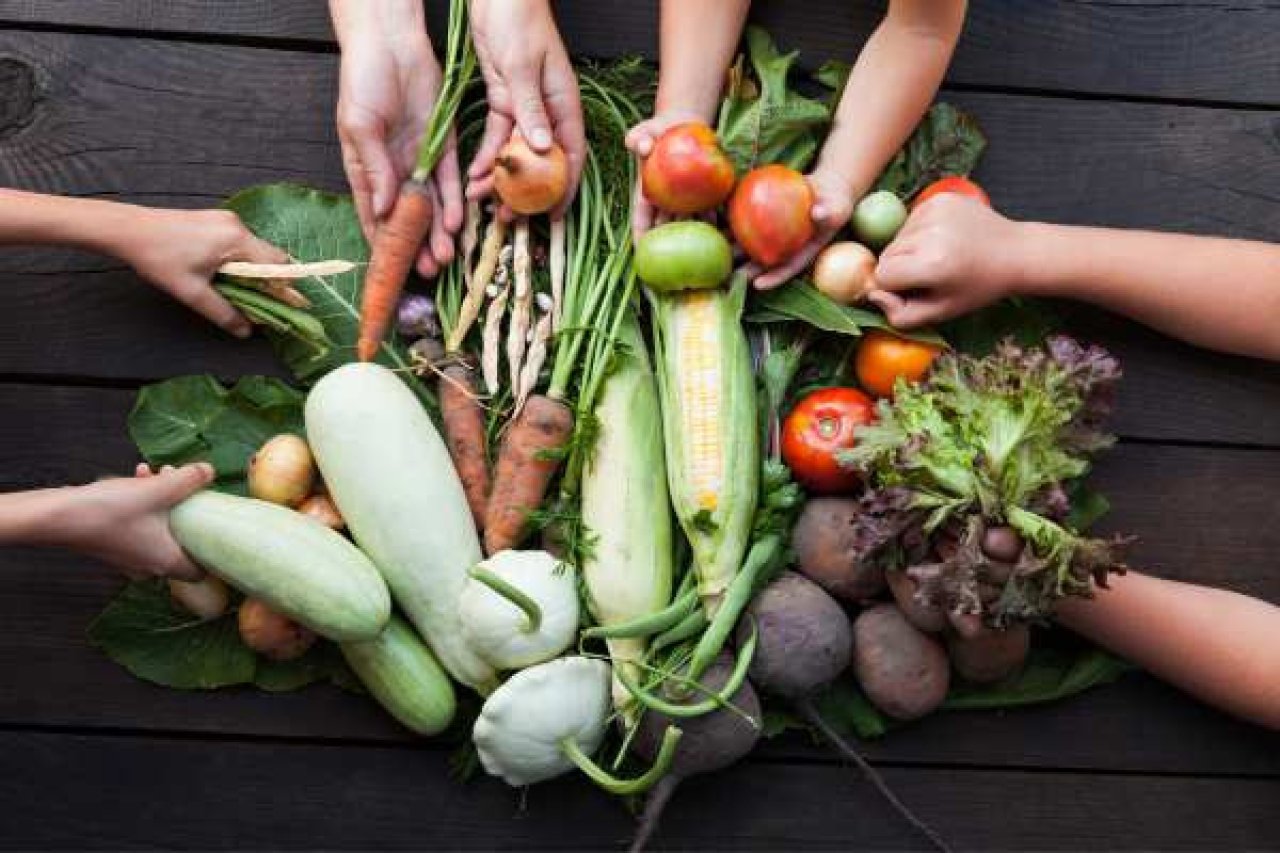
As an individual you may be thinking that in the face of these daunting statistics, there is little you can do by yourself to change anything; however, if enough people choose sustainable options, we really can make a difference. Here are some tips you can start with today!
· Choose sustainable ingredients, ones that are produced responsibly and don’t threaten wildlife populations or their habitats. Look for certification or stamps of approval such as Soil Association Organic, RSPCA Assured, Fairtrade, Marine Stewardship Council, Roundtable on Sustainable Palm Oil (RSPO), the Vegan Society and Red Tractor.
· Eat more plants than animals; this is one of the best ways to improve both your health and the environment. This doesn’t mean everyone should become vegan but check that the meat you do eat is not intensively farmed and that you choose grass-fed livestock where possible.
· Variety is key! Too much of any one food is unlikely to be good for you or the planet. Our bodies need a variety of nutrients, and the planet also benefits from a variety of food being cultivated. A well balanced diet will have lots of wholegrains, fruit and veg with less sugar, oils, fats and meat.
· Reduce food waste; it is estimated that around a quarter of all food we buy is wasted – left on plates, going off in the fridge, or discarded due to ‘use by’ or ‘sell by dates’. Try and make sure you only buy enough food that you can use and don’t forget that the freezer is your friend! The internet is full of recipes on how best to use your leftovers, so think twice before throwing food away. And if you see reduced priced produce in the supermarket, and can use it, buy it and save it from going to waste.
· Go seasonal! And if you can’t always find what you need in season, check that you choose produce that is shipped, not sent by air (e.g. In January apples and bananas almost always arrive in the UK by boat, whereas tomatoes and strawberries will be air-freighted).
· Avoid food in excessive packaging (and recycle the packaging you do get)
· Spread the word! Join a scheme like the WWF’s ‘Zero to Food Hero’ 5 week journey to get top tips sent directly to your inbox, and spread the word with your friends and family so we can all work towards creating a healthy planet with healthy people!
If we can make these healthier, more sustainable choices then we can all contribute to creating a future in which our planet can feed everyone.

